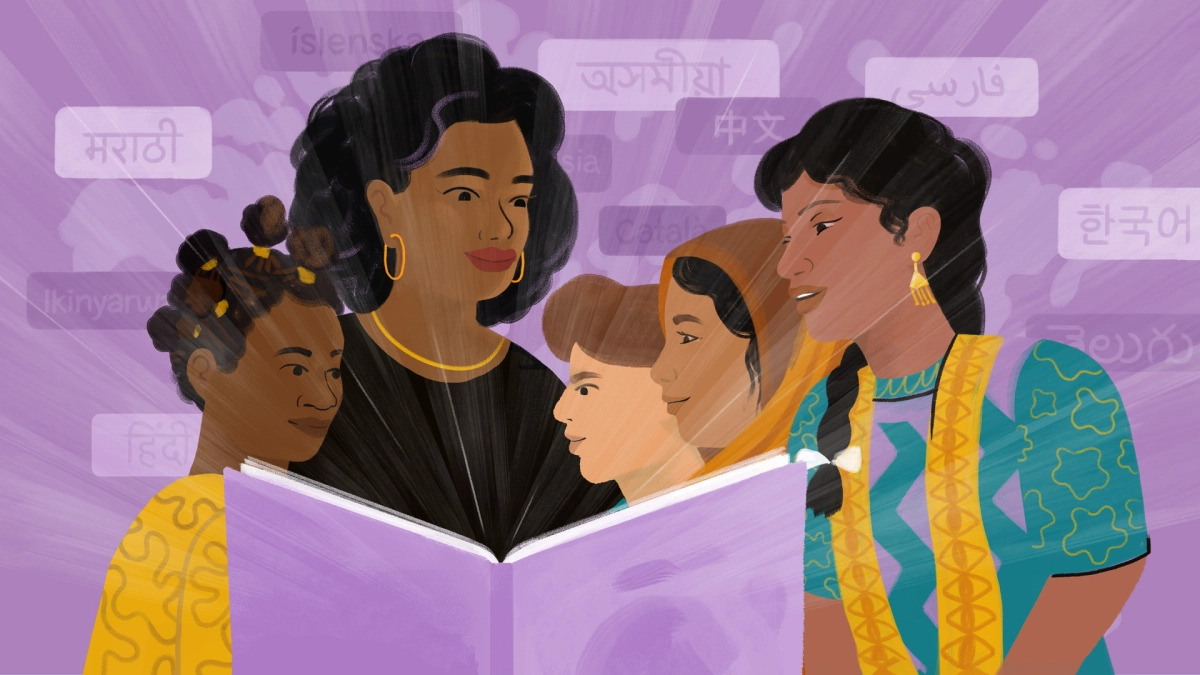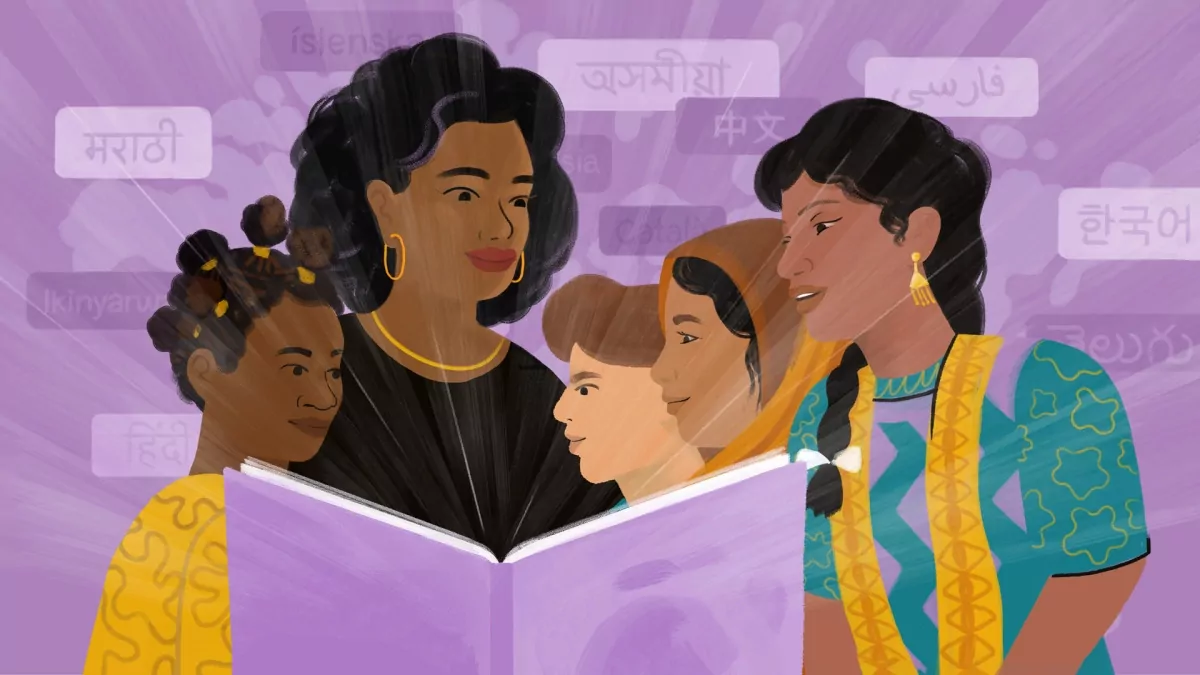

(c) Facebook
Meta, formerly known as Facebook, has made a significant breakthrough in the field of artificial intelligence with the development of advanced models capable of recognizing and producing speech in over 1,000 languages. This technological advancement has the potential to bridge communication gaps, preserve linguistic diversity, and empower individuals worldwide.
The new AI models developed by Meta have been trained on an extensive dataset comprising a wide variety of languages, dialects, and accents. This enables them to accurately recognize and understand speech patterns across different linguistic contexts, thereby facilitating effective communication between people who speak different languages.
Moreover, these AI models are not limited to speech recognition alone; they also possess the capability to generate speech in multiple languages. This groundbreaking feature has far-reaching implications for various sectors, including translation services, accessibility tools, and global communication platforms.
The ability to recognize and produce speech in over 1,000 languages opens up new possibilities for cross-cultural collaboration, knowledge sharing, and inclusive technology. It allows individuals from diverse linguistic backgrounds to engage in meaningful interactions, exchange ideas, and access information in their native languages.
Meta’s breakthrough in language processing and speech generation aligns with the company’s mission to connect people and build a global community. By breaking down language barriers, Meta aims to foster understanding, promote cultural exchange, and empower individuals to fully participate in the digital age.
While the development of AI models capable of speech recognition and generation in multiple languages is a significant achievement, challenges remain. Ensuring accuracy, addressing dialectal variations, and accommodating linguistic nuances are ongoing areas of research and refinement.
The introduction of Meta’s advanced AI models marks a milestone in the pursuit of linguistic inclusivity and global connectivity. As technology continues to evolve, the potential for seamless and natural communication across languages holds immense promise for a more interconnected and inclusive world.
In summary, Meta’s new AI models have the remarkable ability to recognize and produce speech in over 1,000 languages. This breakthrough has the potential to revolutionize communication, promote linguistic diversity, and bridge language barriers, fostering a more inclusive and connected global community.
Through software update Nothing OS 3.1 the company improves functionality of Phone (3a) and Phone (3a) Pro models. Global service…
China's electric vehicle (EV) giant BYD has officially taken over the global EV market, with a whopping revenue of 777…
The Japanese women’s curling team has a tough road to qualification for the 2026 Milan-Cortina Winter Olympics. Having silver and…
Rajasthan Royals vs Kolkata Knight Riders will be playing matchesin the Indian Premier League 2025 match at Barsapara Stadium, Guwahati…
Vietnam becomes the rising star for that tourism scene in the annals of Southeast Asia; it surpasses its regional competitors…
The Chinese Coast Guard ships extended their stays near the Senkaku Island region which led Japan to lodge formal diplomatic…
This website uses cookies.
Read More